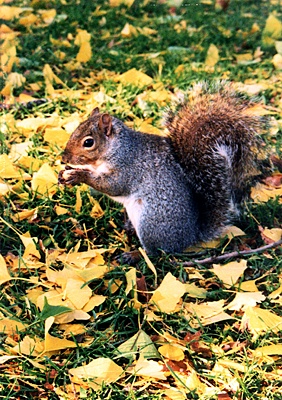All Nonfiction
- Bullying
- Books
- Academic
- Author Interviews
- Celebrity interviews
- College Articles
- College Essays
- Educator of the Year
- Heroes
- Interviews
- Memoir
- Personal Experience
- Sports
- Travel & Culture
All Opinions
- Bullying
- Current Events / Politics
- Discrimination
- Drugs / Alcohol / Smoking
- Entertainment / Celebrities
- Environment
- Love / Relationships
- Movies / Music / TV
- Pop Culture / Trends
- School / College
- Social Issues / Civics
- Spirituality / Religion
- Sports / Hobbies
All Hot Topics
- Bullying
- Community Service
- Environment
- Health
- Letters to the Editor
- Pride & Prejudice
- What Matters
- Back
Summer Guide
- Program Links
- Program Reviews
- Back
College Guide
- College Links
- College Reviews
- College Essays
- College Articles
- Back
Motifs from Wild Swans
Throughout the history of China, there have been many different controversial values and views. The book Wild Swans, By Jung Chang, is a perfect example of this. The story follows three generations of women on their journeys through a harsh and judging life; often we follow the author’s mother, who is constantly forced to choose between loyalty to her marriage and loyalty to the communists. Yet in all three generations each woman is faced with different marital issues. Through reading and analyzing Wild Swans, the reader is able to see many of the Chinese outlooks on marriage and loyalty- two of the most important motifs in the book.
During the book, some views on marriage seem to change drastically, while many stay the same. When the author’s mother is preparing to be married, her own mother is appalled at the way it was to happen. “It was unheard of for a bride to walk to the bridegrooms house… …for a woman to walk was a sign that she was worthless and that the man did not really want her. ‘Who cares about all that stuff now’ said my mother as she tied up her bedroll” (129). Traditionally there was a set way that things had to happen during a wedding, but the communists wanted to ditch those traditions, leaving marriage as a less romantic thing. The man was supposed to ask the parents of the bride for permission to marry. However the two fiancés did not do this, they did a somewhat similar act by attempting receive permission from the communists. “A man was standing there, and he handed my father a message from the provincial party committee. It said they could not get married yet” (130). This shows how the communist’s have all the control over the party member’s wedding, and later their marriage as well. Through these examples, you can see that marriage is a continuing theme in the book.
Many times, the author’s mother questions her loyalty on her journey. The communists constantly force her to choose between her marriage and the revolution. “She was said to have put marriage first, when revolution should have had priority” (134). In this scene, the author’s mother breaks communist rules to be loyal to her husband and marriage. Sometimes though, she is forced to choose the revolution, like when her husband says, “You have a choice: you can either get into the car or get into the revolution, but not both” (143). Because she thinks it’s right, she chooses to walk instead of getting in the car with her husband to avoid more judgment from the communists. She wants to be seen as loyal to them. In these examples, you can see what a big role loyalty plays in her life and in the book.
The opinions and beliefs of the people in the book differ a lot over time, and still continue to change. These different opinions commonly cause conflict throughout the country, and the world. It is easy to see through the struggles of the author’s mother that loyalty and marriage can be the biggest conflicts of all. The culture and politics of China clearly make a huge impact on the decisions people made during that time, and in this book you really get to see that.

Similar Articles
JOIN THE DISCUSSION
This article has 0 comments.
